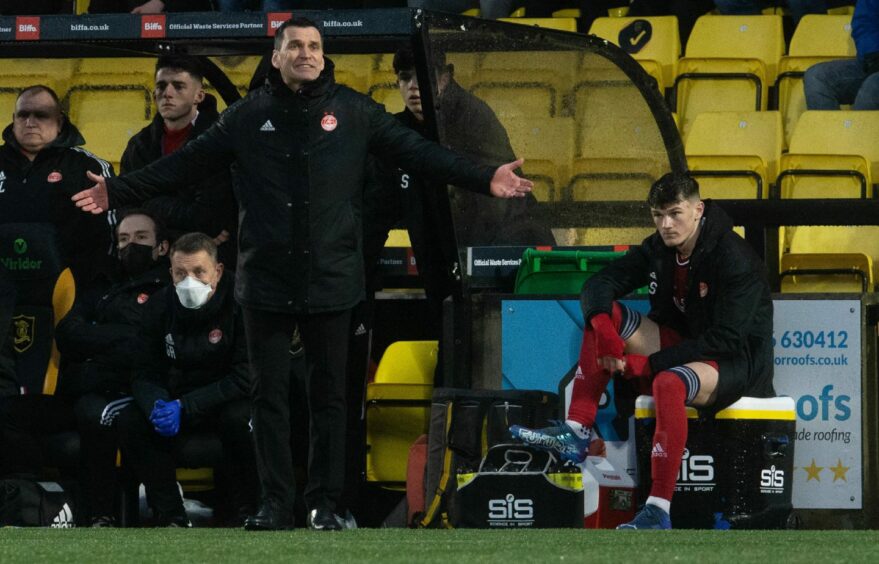They may be wrong or they may be right, but when managers start to publicly criticise or weary of their players, it is frequently the first link in a chain of events tethered to the Job Centre.
So bookmark the discernible shift in Stephen Glass’ mood after another unsuccessful away trip. To so squarely set the blame for this defeat on his squad’s mentality is to stride into the managerial minefield.
It is also, it must be pointed out, an invitation of criticism upon Glass’ own team on the sidelines.
Ten of the 14 players used on Saturday were either signed, promoted to the first XI or rescued from the scrapheap on his watch, along with a captain specifically hand-picked to drum the psychology of winners into them.
Mindset was advertised as being one of the foundational blocks upon which Glass’ project would be built; if instead it is hanging from the team’s neck as it drags them down the table, it suggests a disconnect somewhere in the process.
It cannot be forgotten that Glass vaulted the queue of applicants for the post due to his willingness to operate without full control of recruitment, and perhaps his obvious exasperation with the tools at his disposal – so soon after the registration of his disappointment in the club’s failure to provide him with a striker in January – is the first visible sign of friction in this approach.
Arithmetically, it is much easier to remove a manager than all the players from whom he is attempting to coax performances.
Glass knows that, whatever his actual level of responsibility for the construction of the roster, he will ultimately be the one who carries the can for its results.
We will see whether it was wise to poke the hands in which Glass is held.

